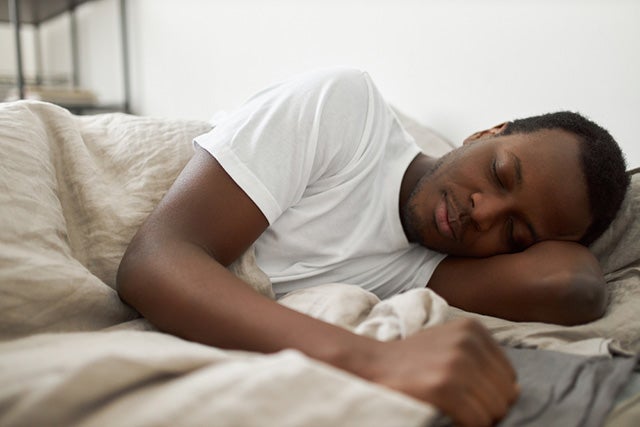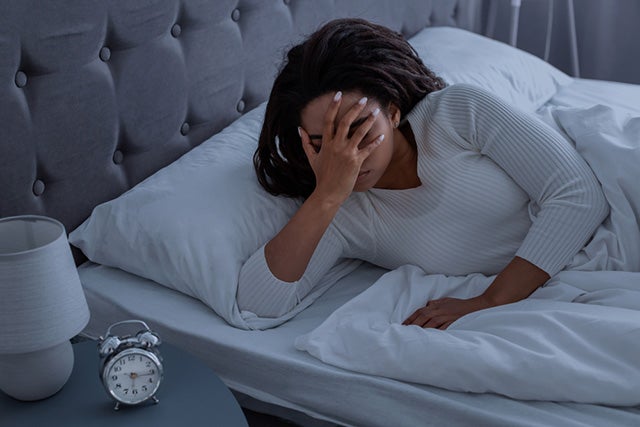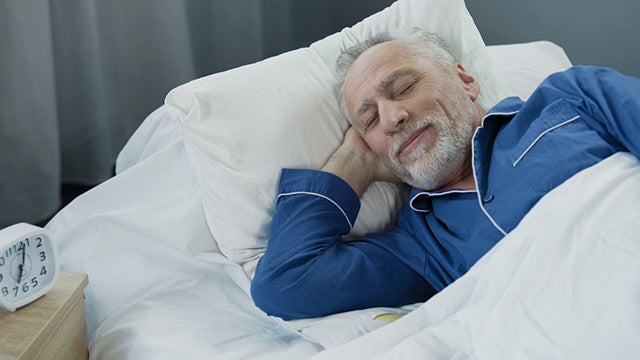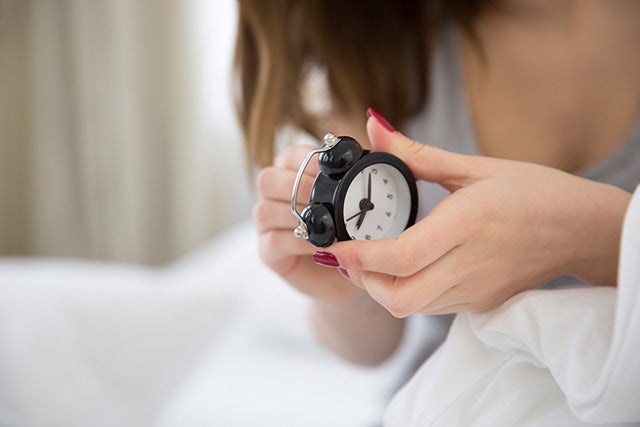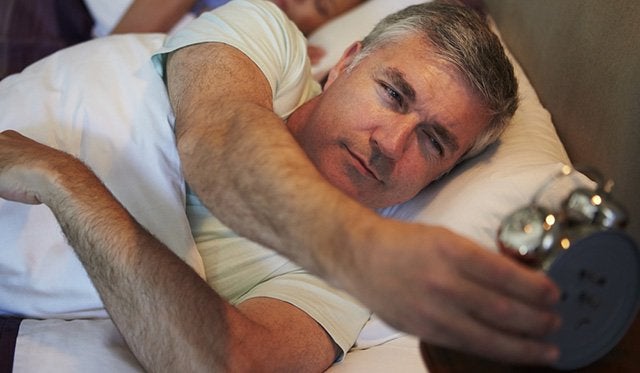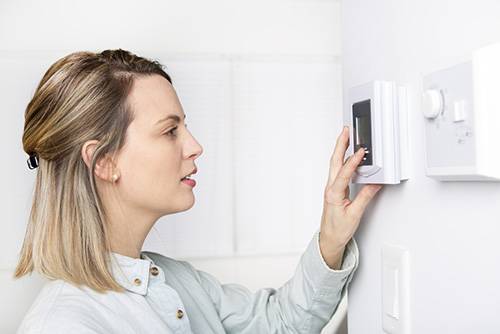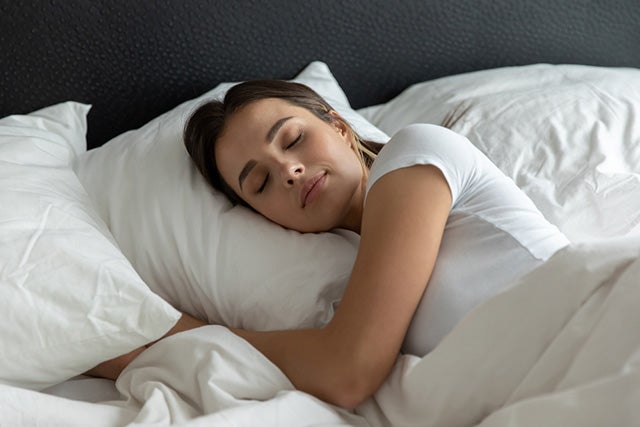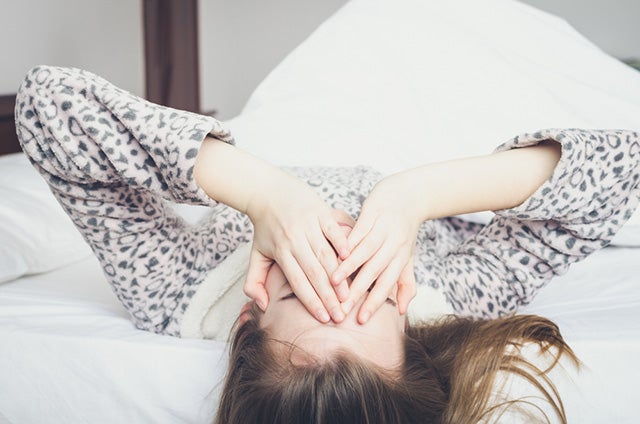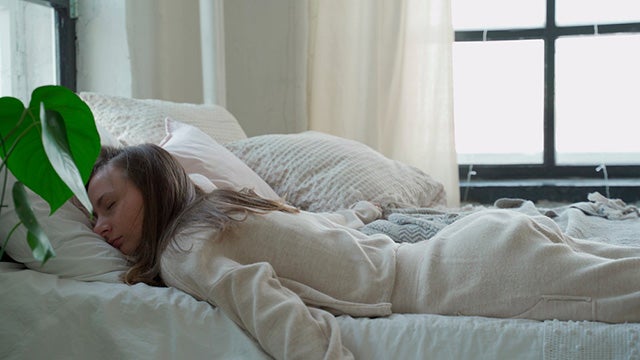Whenever you have tons of work to do or turn in a project for school, doesn’t it feel like you need more time? People who are busy often postpone their sleep hours. As this occurs, they are left wondering how to sleep less and still feel energized the next day. Maybe we can help with that.
How Much Sleep Do People Need?
Sleep requirements vary and are determined by various factors, including age and heredity.
Certain individuals are genetically predisposed to be light sleepers, requiring only four or five hours of sleep every night. Others are deep sleepers who function optimally on nine or more hours of sleep.
Sleep duration and quality and how you feel upon awakening may also provide insight into your general health. Consult your doctor if you’re concerned that you’re sleeping too much, having trouble falling or staying asleep, or feeling weary even after a full night’s sleep.
Although you cannot alter your DNA to become a light sleeper, you may enhance your sleep routine and habits. While this is not the same as teaching your body to require less sleep, it is an effective technique to maximize the amount of sleep you get.
Additionally, it will assist you in determining the precise quantity of sleep you require to feel your best.
Is It Healthy to Sleep 4 Hours per Night?
For the majority of people, regardless of how well they sleep, four hours of sleep per night is insufficient. More hours are usually needed to be mentally alert and well-rested.
There is a widespread belief that chronically reduced sleep may be adapted to, yet there is no evidence that the body functionally adjusts to sleeping deprivation.
Additionally, individuals who exercise regularly frequently require more than the minimum recommended hours to allow their bodies to recover from the added physical stress.
A 2018 study of over 10,000 people’s sleep habits discovered that receiving four hours of sleep per night consistently was equivalent to adding eight years of age to the participants’ brains.
Why Is Sleep So Important?
The majority of adults require at least seven hours of sleep per night to feel relaxed and cognitively sharp. Sleep deprivation increases your risk of acquiring a variety of health problems. Here are the benefits of a good night’s sleep.
Strengthens the Immune System
Not getting enough sleep can weaken your immune system. If you catch a cold ever so often, it could be that your immune system is compromised due to poor sleep. A weak immune system is less able to fight off a potential virus.
Boosts Your Mental Health
Not sleeping enough can cause individuals to feel grumpy the following day. If you accumulate too much sleep debt, you can end up experiencing mood swings, anxiety disorders, and even depression.
Protects from Heart Disease
Sleep deprivation appears to be connected with elevated blood pressure, increased heart rate, and elevated levels of specific chemicals associated with inflammation. All these actors may place an additional strain on the heart.
Increases Fertility
Sleep deprivation has been linked to difficulties conceiving a child in both women and men. Regular sleep interruptions appear to contribute to infertility by decreasing the release of reproductive hormones.
Protects from Diabetes
Several studies have suggested that people who sleep less than five hours per night are more likely to have diabetes. Sleep deprivation can alter your body’s capacity to process glucose. This, in turn, leads to a higher risk of type 2 diabetes.
Increases Sex Drive
Men and women who do not receive enough quality sleep report a decrease in libido and sex. Men who suffer from sleep apnea also have reduced testosterone levels, thus affecting their sexual desire.
How to Sleeping Less
If you spend your time fussing in bed, that’s basically wasted time that could be used sleeping.
- To begin, set your alarm clock for the same time each morning, regardless of whether it is a weekday or a weekend.
- For the first week, set your bedtime by 20 minutes later.
- During the second week, delay your bedtime by 40 mins.
- For the third week, add an hour to the schedule.
- Continue decreasing your sleep time by 20 minutes at a time until you are sleeping six hours every night.
Following this, you enter the murky world of polyphasic sleep regimes.
What Is Polyphasic Sleep?
Polyphasic sleep is defined as sleeping more than once within a 24-hour period rather than once every night.
Numerous polyphasic approaches exist. One of the most often used plans involves taking six 20-minute naps evenly spaced throughout the day for a total of three hours.
Numerous individuals assert that polyphasic sleep enables more efficient sleep and helps obtain the same amount of rest in fewer hours. There is no medical evidence to suggest that polyphasic sleep is superior to regular sleep.
Polyphasic sleep deprivation is likely to have the same negative health implications as other forms of sleep deprivation. Different bits of research on these types of regimens remain limited, as the great majority of persons who adhere to polyphasic programs do so for a brief period of time.
Tips to Sleep Less
Below is a list of tips on what you can do to sleep less while also making sure that you are feeling well-rested. The hours of sleep that you get need to be qualitative, so here we go!
• Don’t Use Electronic Devices
Before going to bed, avoid watching TV, spending time in front of the laptop or PC, or looking at your phone/tablet.
These gadgets’ short-wave artificial blue light emissions suppress the release of melatonin. The only exception to this rule is the e-reader that uses e-ink and does not have a backlit display.
• Don’t Drink Caffeine in the Afternoon/Evening
Certain individuals can consume an espresso following dinner without experiencing any adverse effects. Others are prohibited from drinking coffee after 3 p.m. Caffeine remains in your system for around four to six hours.
If you feel that your late-day cola is keeping you awake at night, cut out all caffeine from your diet at least six hours before you intend to sleep.
• Turn Down the Thermostat
Your bed and bedroom temperature can have an effect on the quality of your sleep. Being overly warm at night has a detrimental effect on REM sleep, the stage of sleep when the brain is most active. Reduce the temperature to between 60 and 68° F or open a window to have a better night’s sleep.
• Invest in Quality Bedding
If your mattress is unpleasant, outdated, or bumpy, it will impair your capacity to sleep soundly. A mattress’s lifespan varies according to its quality and other factors. Mattresses typically require replacing every seven to 10 years.
The majority of individuals cling to their pillows considerably longer than necessary. The average pillow has a lifespan of one to two years.
After that point, they lose their shape, becoming lumpy and thus unable to support your head and neck. This can have a detrimental effect on sleep.
Additionally, they tend to become clogged with dust mites over time. Another reason to purchase a new one, especially if you suffer from allergies.
• Listen to Your Body
The absolute minimum quantity of sleep that you can get is five and a half hours every night.
Sleep studies have examined the effects of sleep deprivation on the brain. The results show that people who don’t sleep enough feel extreme exhaustion and a diminished capacity to function in daily life.
Listen to what your body has to say. Stop trying to sleep less if you notice blurred vision, poor motor skills, weight changes, or impulsive behavior.
While short-term sleep deprivation is acceptable, sleeping less than eight hours per night is not suggested in the long run. As an end result, your functioning will deteriorate, and you will require additional sleep.
If you continue to operate on six hours of sleep per night, you will accumulate what is known as sleep debt. Your body will require more sleep than you are able to provide. You will eventually crash. If you’re going to attempt to run on little sleep, do so for only a few weeks at a time.
In Conclusion
If you have a hectic schedule, you may wish to sleep less. While prolonged sleep deprivation is not recommended, there are methods you can take to sleep less for a brief amount of time.
It is possible that you cannot train your body to require more sleep. However, a proactive mourning routine and proper sleep hygiene can help you get the most out of your sleep and minimize the time spent attempting to fall asleep.
Want more helpful info from our experts? Check out this guide to caffeine and sleep.
Photo credit: Anatoliy Karlyuk/Shutterstock; Prostock-studio/Shutterstock;
fizkes/Shutterstock; Motortion Films/Shutterstock;
Monkey Business Images/Shutterstock; Shunevych Serhii/Shutterstock;
Dean Drobot/Shutterstock; KenTeddy Studio/Shutterstock;
Csaba Farkas Photography/Shutterstock; Lopolo/Shutterstock;
Nelli Syrotynska/Shutterstock; Grustock/Shutterstock
